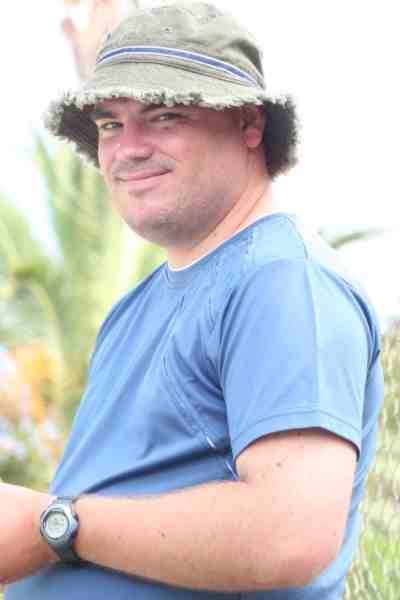Hehe, I cannot resist to try my hand at a "Gomoto" theory on safety. In fact two. One is just a reflection on already well established political theory. The other one is pretty much my own and I will probably type that up in a seperate blog entry..
Can we ignore the fact that the society in South Africa is violent and unsafe? No. There are a great many people who keep us sober on that issue.
But from my perspective most people who complain vocally have some motive: either to challenge the powers in government; to show them up as incompetent, uninvolved, or misguided; or to harken back to an "old regime" where there was an appearance of safety as a result of a highly oppressive and undemocratic regime.
I would proffer a more realistic "Gomoto" theory to criminality in South Africa. All that is required is that we acknowledge that we live in a highly unequal society. In a country where an economic system of several centuries were structured to enrich a minority group of South Africans, and keep the greatest majority of the population in structural poverty, there will be great inequalities. In such an unequal society there is undeniably a greater need for those who are priveledged to secure or defend what they own or posess. In countries where there is not such a great gap between rich an poor, there is not such a great need for security. Crime is also lower. A corollary observation is that rampant inequalities in society cause a sense of alienation. People do not feel included in dominant value systems and express this alienation in alternative ways. Often this is in the form of violent or criminal behaviour.
My point, from my perspective on my small Gomoto motorbike is: If we want to take crime and violence in South Africa seriously it will be in our best interest to do everything in our power to eradicate the gap between rich and poor, to uplift the conditions of marginalised societies, and to establish harmonious relationships between people. This, I believe is a much better approach than to stand on our Ivory towers and to scream and shout damnation at governments and people who are merely trying to cope with the symptoms of a bigger challenge.
In a sense with the onset of democracy we have only started on our "ride to freedom." We face the challenge to now build our nation. And I am committed to do my bit to improve the quality of life for all in my country.
Subscribe to:
Post Comments (Atom)


No comments:
Post a Comment